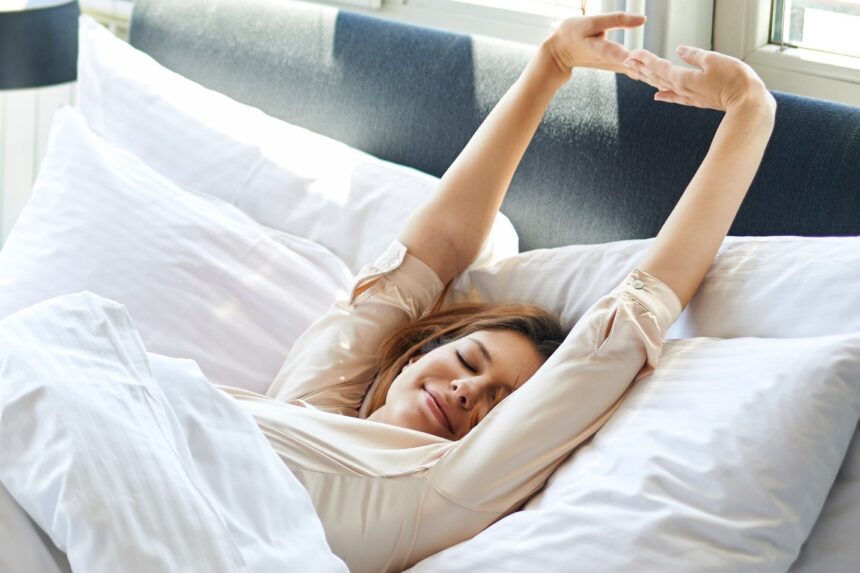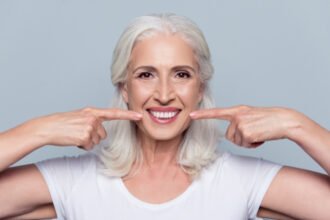Sleep is one of the most critical elements to recovery from addiction and a foundational component of our overall health. In our fast-paced, technologically enhanced world, sleep is often neglected at the expense of our mental and physical well-being. When recovering from addiction, getting an adequate amount of quality sleep is crucial. One of the main complaints for those in early recovery is insomnia. As our minds and bodies adjust to the absence of substances we?ve been exposed to for long periods of time, many effects can take place one of which being insomnia. The following for tips can help to conquer your bouts of insomnia and get you back on track with some much-needed rest.
1) Limit blue light exposure while increasing natural light exposure.
Light exposure plays a significant role in regulating our circadian rhythm. When we’re exposed to sunlight it the morning it tells our body that it is the beginning of the day and starts the release of stress hormones such as cortisol that get us out of bed and started with our day. While this can be a good thing at the beginning of the day, it?s the exact opposite of what we want to happen at night. When we’re exposed to blue light from light emitting devices such as TVs, computer, phones, and tablets, it tells our bodies it?s mid-day which shuts down production of the sleep hormone melatonin and causes us to produce cortisol which creates a state of alertness and wakefulness, making it difficult to fall asleep and worsening insomnia.
It?s recommended that those who have insomnia limit exposure to blue light at night, and add blue light blocking apps to phones and computers such as nightshift or f.lux. Power down TVs, computers, and devices an hour before bed. Try reading a book or listening to a podcast instead.
2) Optimize your sleep environment.
Your bedroom should be a place reserved solely for sleep, not a place to eat meals, answer emails, and watch TV. By using your bedroom only for sleep, you can help train your mind and body to associate being in bed in your room as a time for sleep, which can have a surprising effect on the quality of your sleep.
3) Keep your bedroom cool and dark.
Keeping your bedroom at the right temperature is an important factor in ensuring quality sleep. Our bodies need to reach a certain temperature to fall asleep and deep sleep occurs when our bodies reach their lowest point in the day. The optimal temperature for quality sleep is 60-67 degrees according to the national sleep foundation.
Light is a big factor in causing insomnia, so it?s important to make sure your room is as dark as possible as street lights, LED lights on electronics, or any other artificial light source can affect the quality of sleep. Blackout curtains are recommended to help create a good sleep environment, or an eye mask can be used as an alternative. Additionally, it?s important to cover any LEDs with light blocking tape or remove them from your bedroom entirely.
4) Use Stress Reduction Techniques Before Bed
- Nightly Journaling
Ending your day with a nightly journaling practice helps serve as a brain dump that allows you to put down on paper all the thought and ideas that are running through your mind before bed. Your nightly journal enables you to recap the good things that happened to you each day, document the things you need to work on getting better at and helps you to plan your next move when you wake up. Journaling can be a therapeutic practice that can help resolve the mental and emotional conflict that keeps you awake at night.
- Relaxation Breathing Exercises
Our breath is the only form of control that we have over our autonomic nervous system (ANS), and we can use it as a tool to help regulate our internal stress mechanism. Practicing relaxation breathing techniques such as a 6-7-8 breath or box breath can help to activate the parasympathetic branch of our nervous system which is associated with rest and relaxation.
- Meditation
Something as simple 5 minutes of meditation before bed can have a profound impact on the quality of our sleep. Meditation has a broad range of benefits for our health including the ability to activate theta brain wave activity ? the same brain activity associated with deep sleep states. Mediation can help us to relax after a stressful day, and over time can have an accumulative effect that helps modulate our response to stress and make us less reactive to stressful events that occur throughout the day, making it easier to relax and fall asleep at night.
- Supplement for Sleep
Some supplements can help improve the quality of sleep. Relaxing herbs, botanicals, and amino acid supplements can provide an all-natural alternative to sleep medications without many of the harsh side-effects that can occur with pharmaceutical drugs. Here are a few supplements that can be used to aid in eliminating insomnia:
-Tryptophan (500-1000 mg) ? Tryptophan is needed for the production of the sleep-related hormone melatonin. Tryptophan helps produce a natural sedative effect. It has also been shown to help reduce sleep apnea.
-Gaba (500-750 mg) – GABA is both an amino and a neurotransmitter. It is the most calming and relaxing of the neurotransmitters; it has a calming effect and can help reduce anxiety.
-Melatonin (1-3 mg) ? Melatonin is a hormone naturally produced by the pineal gland
that helps to maintain healthy sleep cycles. It?s important to note that too high of a dose can create drowsiness the following day.
-Lemon Balm (600 mg) ? Lemon balm is a relaxing and sedating herb. In addition to aiding in sleep it has been shown to improve mood, promotes relaxation. Studies show its effectiveness is enhanced when combined with Valerian Root.
-Valerian Root (120 mg) ? Valerian root is a natural plant sedative. It helps to promote relaxation and aids in sleep. It has been shown to work synergistically with lemon balm.
Final Thoughts
If you?re recovering from addiction, it?s important to recognize the vital role that sleep plays in restoring the health of your mind and body. Recovering from substance abuse can seem like an uphill battle that is often made more difficult by insomnia. Sleep deprivation lower impulse control and increases cravings, making it a more significant challenge to maintain our abstinence. If you are struggling with insomnia in recovery, the 4 tips mentioned above are a great place to start. For more tips on improving mental and physical health while in recovery speak to addiction recovery professional.










